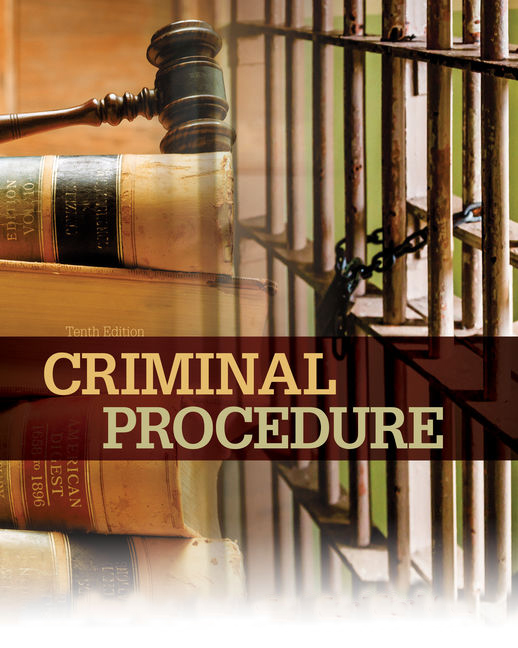DATED : 21.08.2023
CORAM: THE HONOURABLE MR. JUSTICE N. ANAND VENKATESH
Crl.O.P No.18997 of 2023
Introduction:
The case of Crl.O.P No.18997 of 2023 involves a petitioner named Malayandi who filed a Criminal Original Petition (Crl.O.P) under Section 482 of the Code of Criminal Procedure in the High Court of Judicature at Madras. The petitioner sought the modification of a condition imposed on him by the lower court while allowing his application for the return of a vehicle. The case was heard by Justice N. Anand Venkatesh on 21st August 2023. The petitioner was represented by Mr. G. Mohammed Aseef, while Mr. A. Gopinath, the Government Advocate (Criminal Side), represented the respondent.
Facts of the Case:
Malayandi, the petitioner, is not an accused in the case; he is the owner of a vehicle. The petitioner had filed an application for the return of the said vehicle in CMP.No.4183 of 2023 dated 9th June 2023. However, the lower court imposed a condition that required the petitioner to execute a bond of Rs.1,00,000/~ as a prerequisite for the return of the vehicle.
Legal Issues:
The primary legal issue in this case was the modification of the condition imposed by the lower court on the petitioner for the return of his vehicle. The main contention was whether the imposition of a bond of Rs.1,00,000/~ on the petitioner, who is not an accused but the owner of the vehicle, was justifiable.
Arguments and Analysis:
The petitioner’s counsel argued that the imposition of a bond of Rs.1,00,000/~ was excessive and not proportionate to the petitioner’s role as the vehicle owner. It was contended that the petitioner was not involved in any criminal activity and that he was merely seeking the return of his property. The counsel further argued that the petitioner was financially incapable of executing such a high-value bond.
On the other hand, the Government Advocate (Criminal Side) defended the lower court’s decision, emphasizing the need to ensure that the petitioner would cooperate with the legal process and not misuse the vehicle if returned. The advocate highlighted the importance of imposing conditions to safeguard against potential misuse of the vehicle.
Justice N. Anand Venkatesh, in his analysis, recognized that the petitioner was not an accused but the owner of the vehicle in question. He observed that the imposition of a bond amount of Rs.1,00,000/~ seemed excessive given the circumstances of the case. Considering the facts and the fact that the petitioner’s involvement was limited to being the owner of the vehicle, the court was inclined to modify the condition.
Court’s Decision:
After considering the arguments from both sides, Justice N. Anand Venkatesh delivered the judgment. The court held that the imposition of a bond amount of Rs.1,00,000/~ was not warranted in this case, as the petitioner was not an accused and had only sought the return of his property. Taking into account the petitioner’s status as the owner and the financial capacity, the court modified the condition. The court ordered that the petitioner shall execute a bond for a sum of Rs.10,000/~ along with two sureties for the like sum, to the satisfaction of the court. The other conditions imposed by the lower court were to remain unchanged.
Conclusion:
The case of Malayandi v. State presented a situation where the petitioner sought the modification of a condition imposed on him for the return of his vehicle. The court’s decision highlighted the importance of proportionality and fairness in imposing conditions. The judgment emphasized that the nature of the petitioner’s involvement, his role as the owner, and his financial capacity should be considered while determining the conditions for the return of his property. The case serves as an example of how courts balance the interests of justice and individual rights while deciding on such matters.
“PRIME LEGAL is a full-service law firm that has won a National Award and has more than 20 years of experience in an array of sectors and practice areas. Prime legal fall into a category of best law firm, best lawyer, best family lawyer, best divorce lawyer, best divorce law firm, best criminal lawyer, best criminal law firm, best consumer lawyer, best civil lawyer.”
Written by- Shreeya S Shekar


